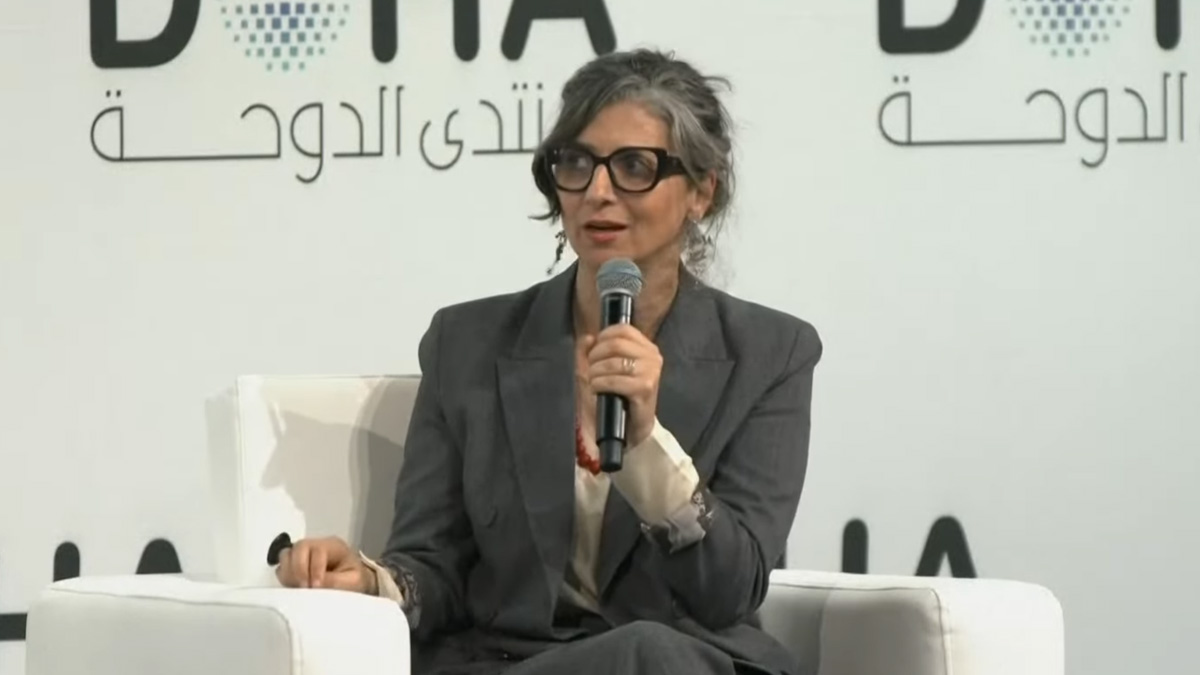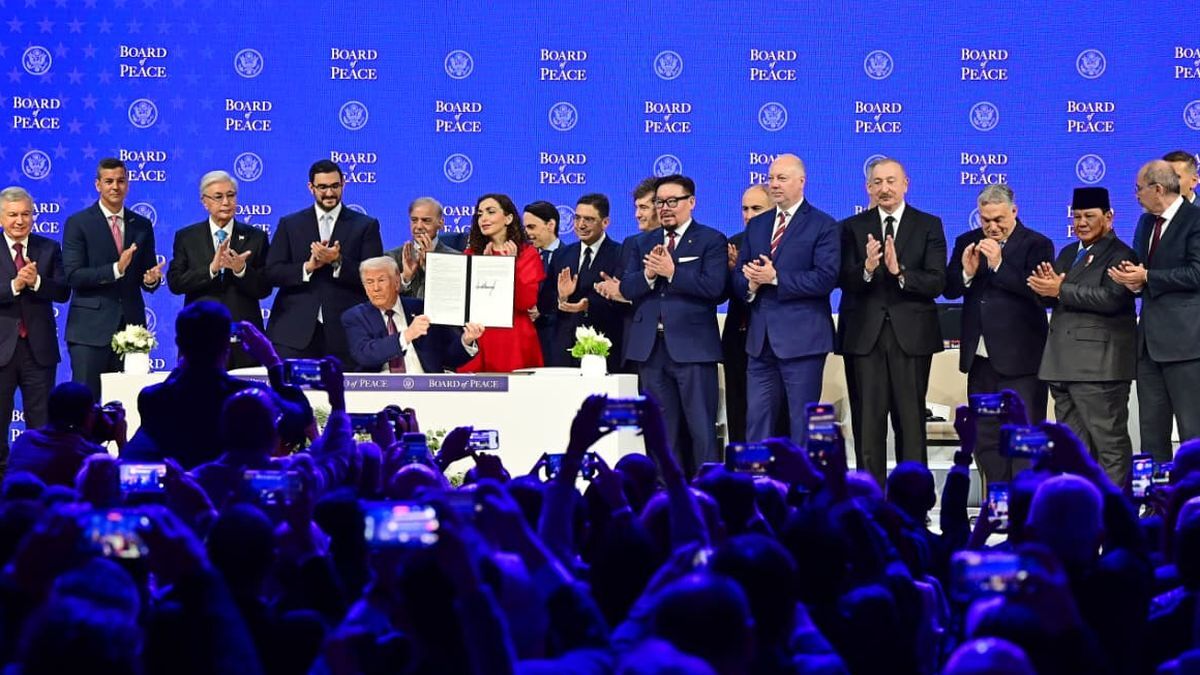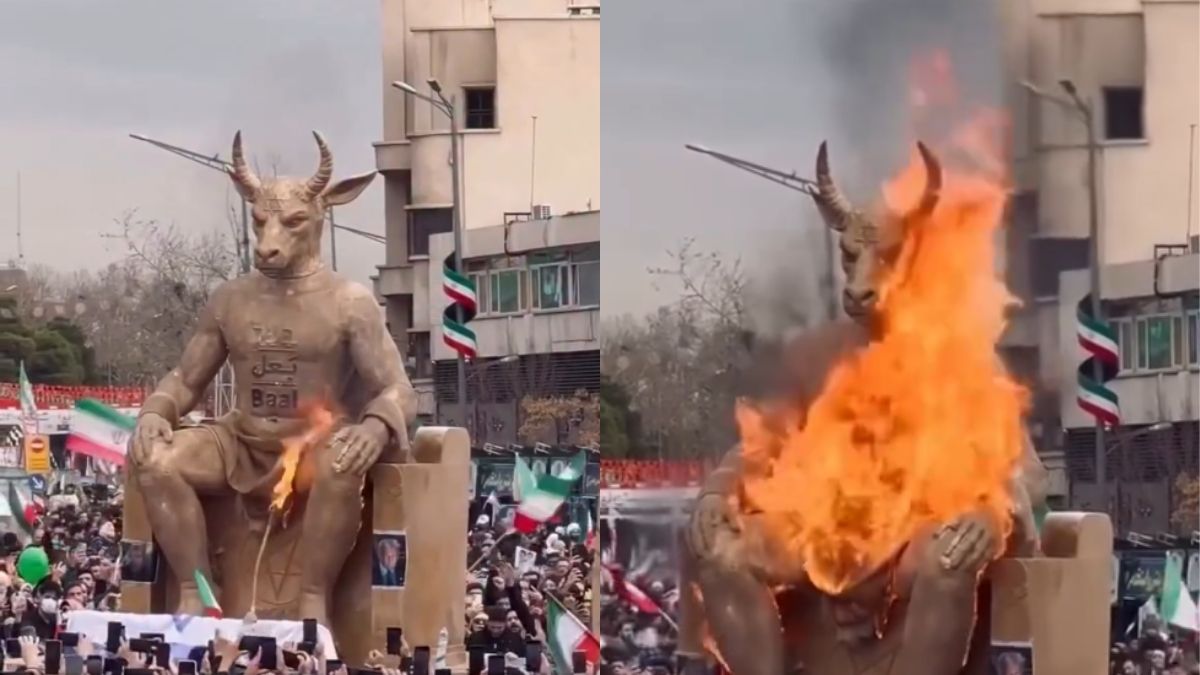West Papua separatists declare “peace zone” ahead of 1 December
The TPNPB Mamta faction has declared Jayapura and surrounding districts a “peace zone,” rejecting armed conflict and calling on all separatist and political groups to stay away ahead of 1 December 2025. Led by Agustinus Kres, the group insists any mobilisation must obtain consent from customary authorities.

- The armed separatist group Tentara Pembebasan Nasional Papua Barat (TPNPB) Kodap I Mamta, led by Agustinus Kres, has formally declared the districts under its control — including Jayapura — a “peace zone,” rejecting calls for conflict or armed mobilisation ahead of 1 December 2025.
- The group warned against any armed group entering its territory, using or forging “surat izin jalan” (movement permits) under the label of West Papua Army (WPA), and demanded any political agenda seek prior approval from customary leaders.
- The declaration aims to prevent violent incidents often associated with 1 December — a date linked by some separatist factions to Papuan independence — signalling an internal fissure among separatist elements and a public commitment by TPNPB Mamta to maintain calm.
JAYAPURA — As 1 December approaches, a date historically associated by some separatist groups with Papuan independence, TPNPB Kodap I Mamta has issued a strong call for calm.
In a statement released on 23 November 2025, Agustinus Kres — leader of the unit — rejected all forms of conflict, declaring Jayapura and surrounding districts a “peace zone.”
He urged all parties, including armed groups or activists claiming to represent independence interests, to refrain from entering the area without consent from local customary authorities.
The statement also condemned circulating “movement permits” or “surat izin jalan” purportedly issued by the West Papua Army (WPA), claiming these were unauthorised and illegal.
Terms of the “peace zone”: no weapons, no unauthorised mobilisation
TPNPB Mamta’s declaration lays out clear rules: no contact with weapons, no forced mobilisation, and no seizing of property without proper customary-authority approval.
According to Agustinus Kres, the group does not recognise any documents or mobilisations done in the name of TPNPB that were not authorised by his command. Any such actions will be considered unwarranted provocations.
The geographical scope of the peace zone covers districts under Kodap I Mamta — including Jayapura city/regency, Sarmi, Keerom, and Mamberamo Raya — signalling a broad territorial commitment to maintaining peace.
Context: Why 1 December remains a flashpoint
The date 1 December holds symbolic importance for certain Papuan separatist factions.
Some groups mark it as a declaration of Papuan “independence,” though this claim is not recognised by the Indonesian state and is contentious.
In previous years, the run-up to 1 December has witnessed increased tension — including protests, mobilisations, and in some cases, armed incidents.
Recent years have seen escalations: violent events, clashes between separatist fighters and authorities, and tragic incidents involving civilian casualties.
Against this backdrop, TPNPB Mamta’s decision represents a significant internal divergence — a separatist faction explicitly rejecting violence and public unrest on a date that has often been volatile.
Significance: Internal rifts and attempt to preserve civilian safety
TPNPB Mamta's declaration suggests a fracture within Papuan separatist organisations between those clinging to symbolic defiance and those prioritising peace and community security.
By calling off conflict and rejecting illegitimate mobilisation, Mamta positions itself as a protector of civilian welfare rather than a provocateur.
This could reshape dynamics on the ground. The commitment to seek consent from customary authorities before any political or armed mobilisation underscores a respect for local governance structures. It may also dampen extremist efforts to incite violence under the guise of independence aspirations.
For the broader community — especially civilians often caught between opposing forces — the declaration may provide temporary relief. If honoured, it could reduce risk of clashes and violent reprisals around a historically sensitive date.
Response from other parties and regional stakeholders
Although TPNPB Mamta’s statement stands out, responses from other separatist factions have yet to surface publicly.
It remains uncertain whether more militant or politically motivated groups will honour the “peace zone” or attempt separate mobilisation.
Meanwhile, civil society, customary leaders, and human rights observers have long urged peaceful dialogue over armed conflict.
They have emphasised that violent approaches have historically led to human rights abuses and civilian suffering.
Indonesia’s government and security agencies are likely to respond cautiously. On one hand, this declaration could ease immediate tensions; on the other, the possibility of unauthorised actors undermining the peace zone remains a concern.







